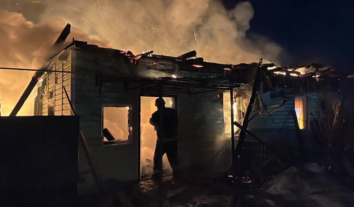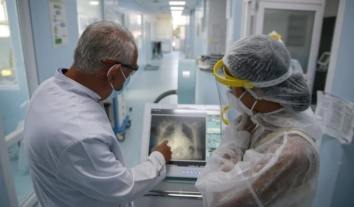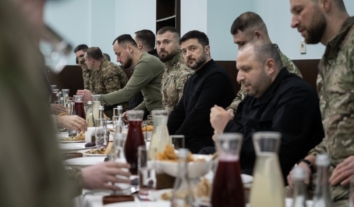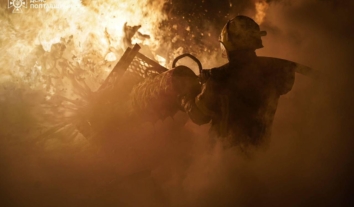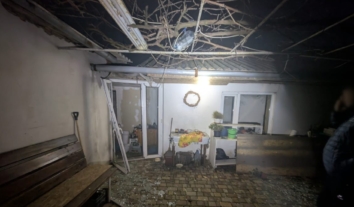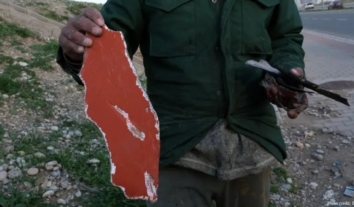Ukrainian and Russian citizens abandon temporarily occupied Crimea: What’s driving the exodus?
According to the Crimean branch of the international movement #LiberateCrimea, which advocates for the de-occupation of Crimea, more than 20,000 Ukrainian citizens have left the temporarily occupied Crimea over the past 12 months.
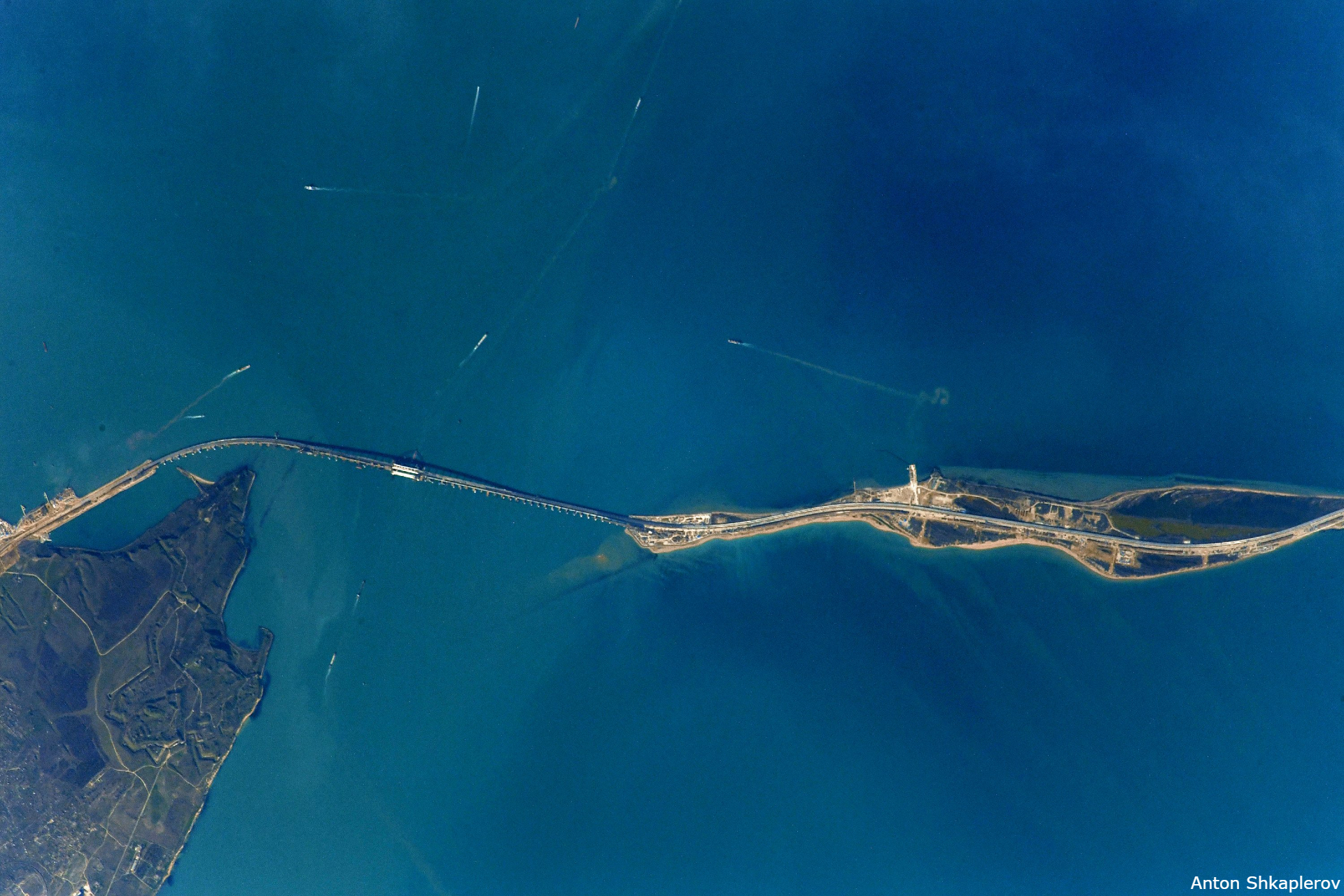 Kerch Strait Bridge – illegally constructed by Russian occupying authorities
Kerch Strait Bridge – illegally constructed by Russian occupying authoritiesCrimean activists pointed out multiple signs supporting their conclusion. They note that official Russian statistics show a positive migration balance for temporarily occupied Crimea of about 2,000 people. However, these are mainly labour migrants and residents of neighbouring Russia who continue to move to Crimea. Meanwhile, Ukrainian citizens residing in Crimea are leaving the temporarily occupied peninsula en masse.
“As a result, nearly 10,000 fewer students will attend Crimean schools this new academic year. The Avito website shows that 12,000 houses and 33,000 apartments are up for sale in Crimea alone. The reasons are obvious – under conditions of increasing restrictions, threats, and occupation, Crimea residents with Ukrainian citizenship are opting to seek a better life outside of the peninsula,” Krym.Realii news outlet quotes representatives of the civic movement #LiberateCrimea.
In April 2024, the Almenda Crimean Civic Education Centre reported that in 2023, only 197 children in annexed Crimea had access to education in the Ukrainian language.
Activists highlight a massive migration of the indigenous population of Crimea – Crimean Tatars.
“Unfortunately, Crimean Tatars are departing Crimea in numbers that are significant for the Crimean Tatar community, numbering in the thousands. Many are relocating to Germany and Türkiye. For example, a quarter of all applicants seeking Ukrainian documents at the Consulate General of Ukraine in Istanbul come from Crimea. Over the past two and a half years, due to Russia’s full-scale war against Ukraine, the Crimean Tatar diaspora in some European countries has grown several times,” the Crimean branch of #LiberateCrimea stated.
Meanwhile, the Ukrainian resistance movement in the territories of Ukraine temporarily occupied by Russia, “Yellow Ribbon,” stated that dissatisfaction with the Russian authorities is growing among the population of annexed Simferopol.
The movement reported that people were previously afraid to discuss this. However, now they are openly talking about meat assaults, the concealment of Ukrainian strikes aside occupying authorities, and corruption. This is because they feel that the occupation authorities are weakening.
“Yellow Ribbon” claims that there’s a significant influx of Russian citizens from the aggressor state, as Russia doubts the loyalty of the local population.
Read also: Crimean courage: risking freedom for Ukrainian identity
Additionally, the Deputy Permanent Representative of the President in Crimea, Denis Chystyikov, indicates that both Ukrainian citizens on the peninsula and unlawfully arrived Russians are aware of the possibility of the destruction of the illegally constructed Kerch Strait Bridge.
“The growing traffic jams towards Taman, from the Kerch side of the Crimean Bridge, indicate that people are experiencing problems with the so-called Crimean Bridge,” Chystyikov stated on Radio NV.
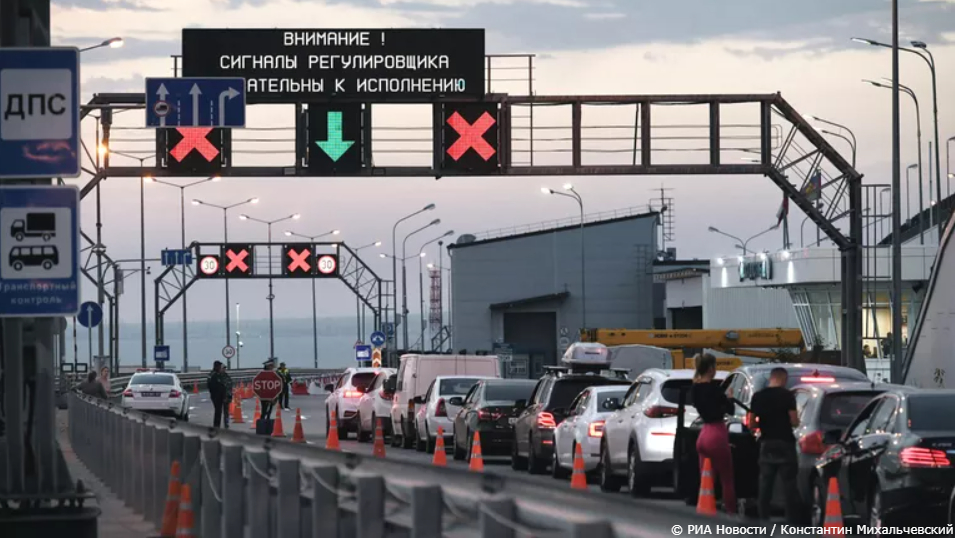 The traffic jam on Russia’s illegally constructed Kerch Strait Bridge in occupied Crimea/ Archive photo
The traffic jam on Russia’s illegally constructed Kerch Strait Bridge in occupied Crimea/ Archive photoHe noted that previously, traffic jams were artificially created due to inspections before the bridge, which gave the impression of a large number of vacationers travelling to Crimea.
“Now we see that during the day – from 600 to 1000 cars are simply standing in traffic jams in the direction of the Russian Federation. And this has been going on for more than two weeks. Thereby, based on this, we understand that they are aware [of the likelihood of the bridge’s destruction]. In addition, for the past three days I have been seeing information on Telegram channels that a large amount of materials capable of damaging the Crimean Bridge have been accumulated in Odessa. Therefore, an attack from Ukraine is expected in the coming days,” he said.
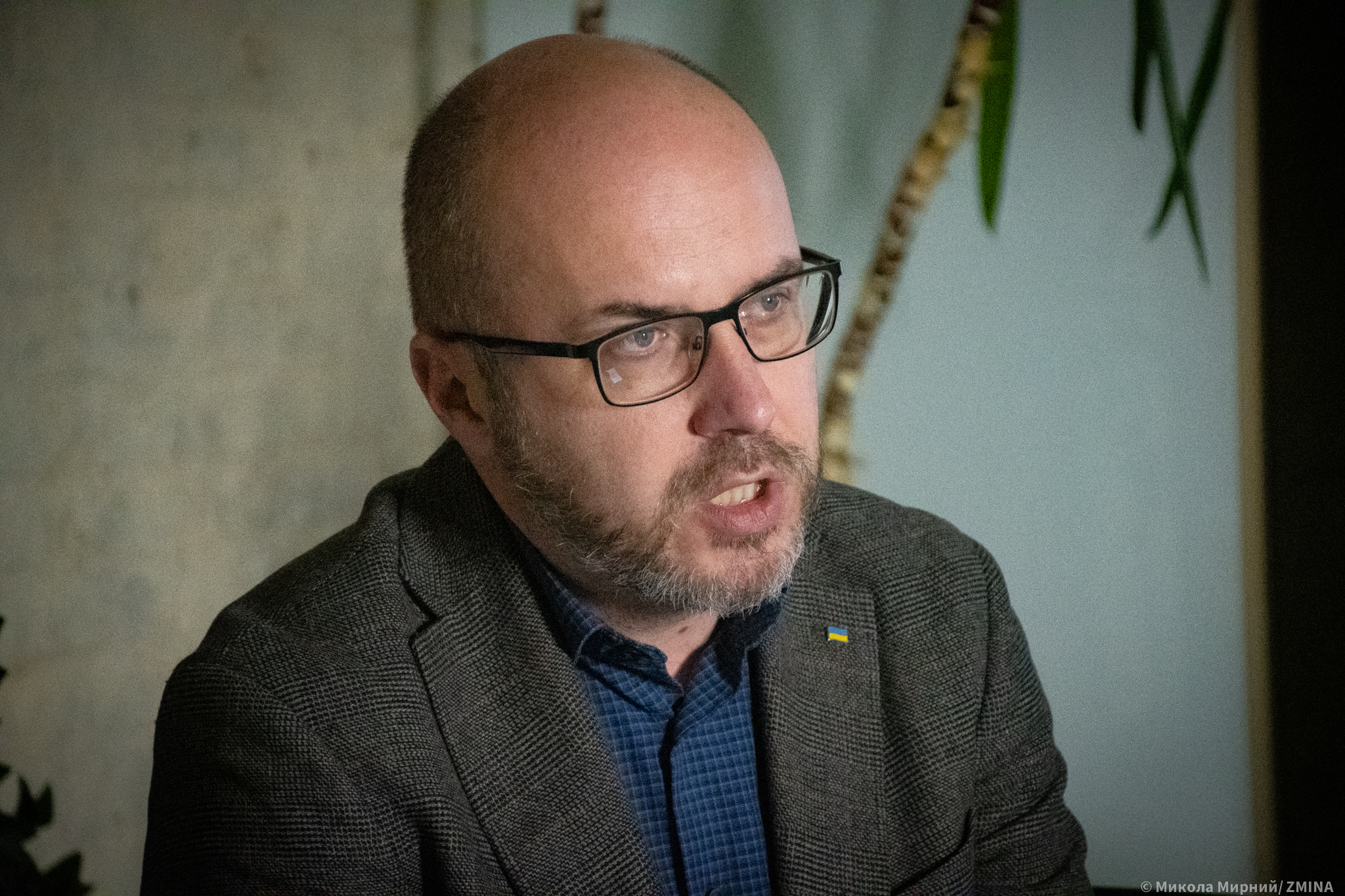 Denis Chystyikov
Denis ChystyikovChystyikov added that the occupiers are trying to reassure themselves and the local population, claiming that there is “one of the best air defence systems” around the bridge, and conducting training, but, the expert emphasises, they are not confident: “They report as follows: we will take all measures, but they do not promise that we will protect you. […] And these are the same so-called military correspondents who cover the events of the so-called ‘special military operation’.”
Earlier, Amnesty International, in its report elaborated that while the exact number of ethnic Ukrainians remaining in temporarily occupied Crimea is difficult to ascertain due to Russia’s dubious statistics and forced naturalisation, the UN documented an influx of Russian citizens (including pensioners, public servants, and military personnel with their families) into Crimea between 2014 and 2017. International law prohibits the transfer of an occupying power’s civilian population into its occupied territory.
Previously, Mykyta Petrovets, a lawyer at the Regional Center for Human Rights, provided a detailed account of how Russia is altering the demographics of the Crimean Peninsula. He denounced this policy of the occupying state as colonialist.
Due to their distrust in the statistics published by the Russian Federation, Crimean human rights defenders at the Regional Center for Human Rights are challenging them in order to ascertain the full scale of this war crime. However, they estimate that Russia has illegally relocated between 500,000 to 800,000 of its own citizens to this Ukrainian territory, according to various estimates.
Petrovets’ is sure that Russia has begun to implement its entire “arsenal of colonial policy” in the newly occupied territories, honed over years of Crimea’s temporary occupation.
To provide context, the Russian Federation uses temporarily occupied Crimea as a military foothold for its armed aggression from the south of Ukraine, shelling Ukrainian cities from the peninsula. Ukrainian authorities have repeatedly stated the importance of de-occupying the Crimean Peninsula.
The human rights community in Ukraine firmly believes that liberating Crimea will end Russia’s systematic, egregious human rights abuses on the peninsula and its military aggression in the south of Ukraine. To achieve this, they urge countries to provide Ukraine with the weapons and military equipment it needs, and do so promptly.
Read also: Liberation of Crimea essential for lasting peace in Ukraine and Europe – Oleksandr Khara
Moreover, the human rights community in Ukraine is convinced of the need to suppress Russia’s military-economic machine in order to bring the Russian Federation back within the confines of international law.

